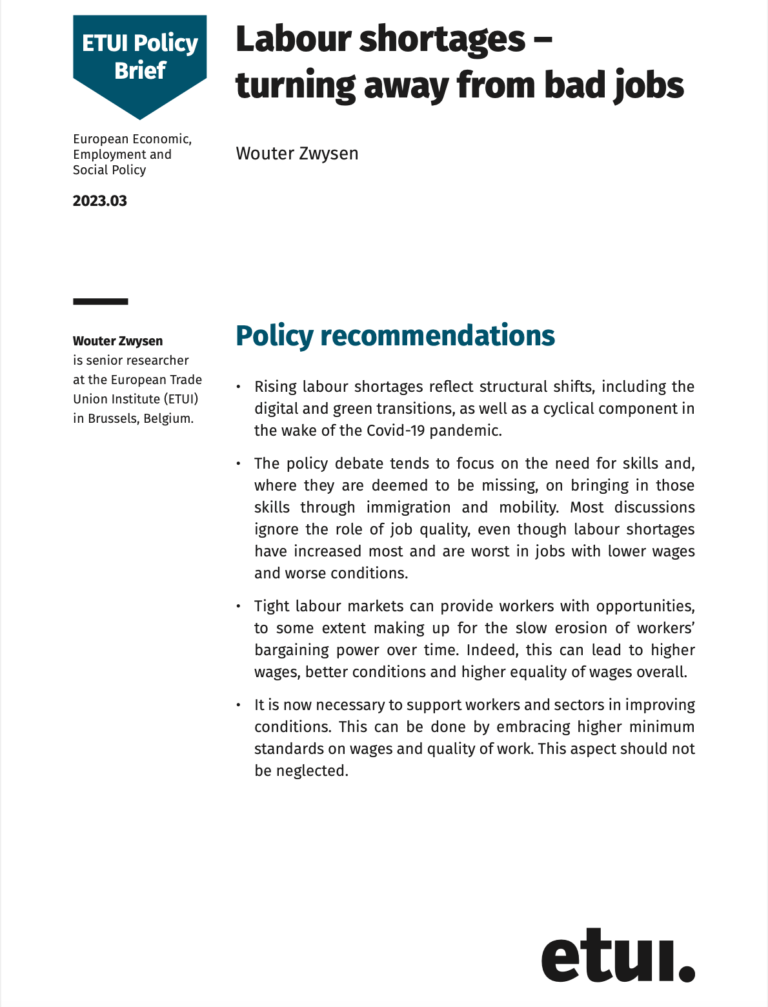ITUC Global Rights Index 2018: The World’s Worst Countries for Workers
PublicationsThe 2018 ITUC Global Rights Index depicts the world’s worst countries for workers by rating 142 countries on a scale from 1-5 based on the degree of respect for workers’ rights with 1 being the best rating and 5 the worst rating. Violations are r...Read More

